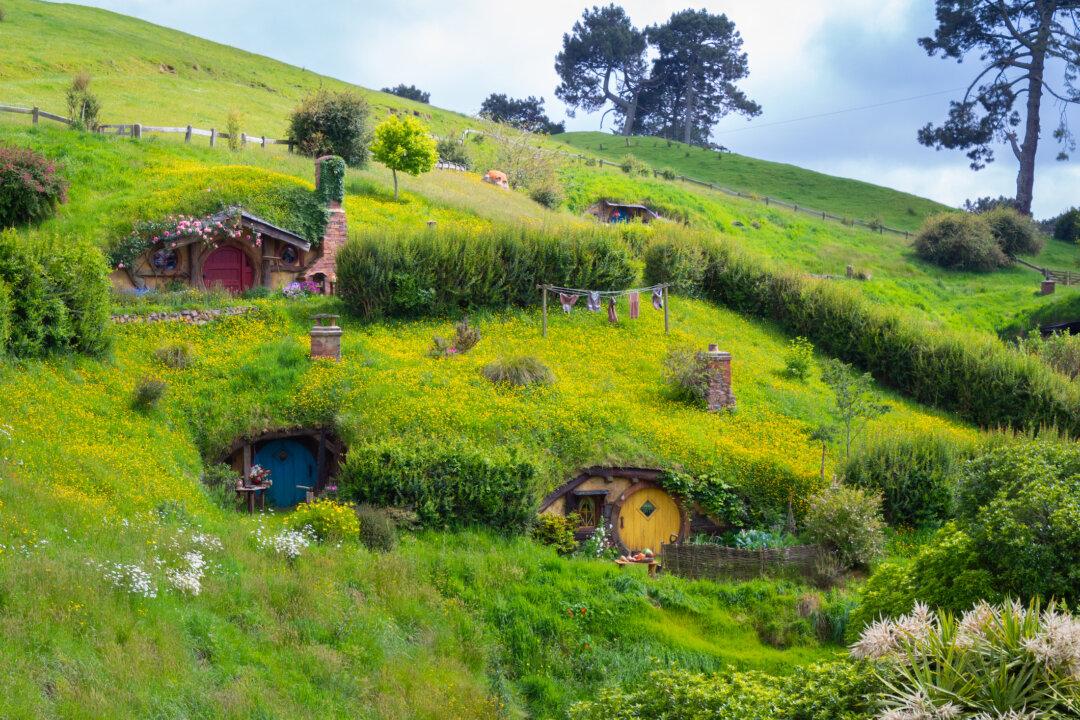Eucatastrophe.
After I recently stumbled onto that five-syllable mouthful, I used the word in conversation with six friends and family members, all of whom are readers and well-educated and none of whom had ever heard of a eucatastrophe (pronounced you-catastrophe). All of them were well aware of the definition of catastrophe, some personal or public event causing great damage or a sudden disaster, which can range in scope from a Category 5 hurricane to 4-year-old Johnny playing Giotto and making the living room wall a magic marker fresco.






